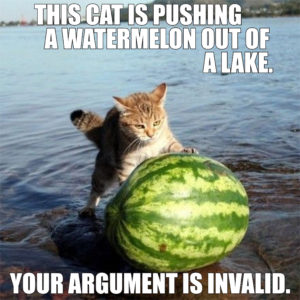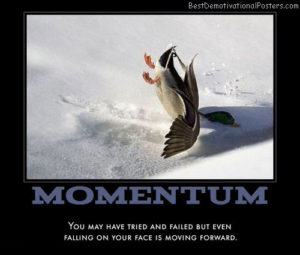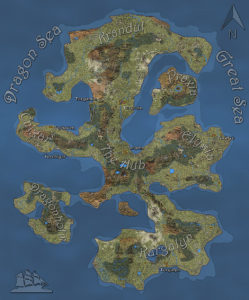I hear a lot of people talk about writer’s block. I also see a lot of commentary about loss of motivation and life interfering with writing.
While I can’t honestly say I’ve ever experienced anything that feels to me like “writer’s block” I will admit to periods of motivational doldrums, and life most certainly can get in the way of writing. But to be a writer is to write. So, when motivation is low, or even non-existent, how can you get it back?
My lowest point as a writer came over a year ago, when I was trying to complete the final book in my War Chronicles trilogy. At the same time I was trying to get my new home built, and had just started a new job, which meant spending a good bit of my “free” time learning new skills and techniques so that I could do my day job well enough to keep my day job.
In the middle of that stress and uncertainty, I was forced to admit that my ending was not working out as I wanted, and that I was going to miss several self-imposed deadlines for completing the series. I began to dread the prospect of even returning to the story and ripping apart what I had spent months working on, just to have to rebuild it again.
So, how did I get my momentum back?
If you are looking for some sort of magic bullet, or some “weird trick” that will turn your creative juices back on, I’m sorry to say that you won’t find it in this article. For me the solution was the oldest maxim in writing. “Apply butt to chair, and pen to paper.” Or more accurately in today’s world, “fingers to keyboard.”
Or to put it plainly, I sat at my desk and wrote. Even when I knew what I was writing was terrible, I wrote. I told myself that even if only five percent of my writing was worth keeping, that was still five percent more than I did by moping and trolling social media sites.
So, I wrote. And wrote. At a friend’s suggestion, I wrote a short story set in my fantasy world with entirely different characters, set hundreds of years in the past, and let that story flow. Doing so gave me some insights into the history of my world, and helped me work out the motivations and goals of the main antagonist, which got me interested in my unfinished trilogy again.
Then I sat down and reread the first two books, and all the third up to where it began to lose steam, and by the time I got to that point, a new and better ending had emerged, like Athena from Zeus’s forehead, fully formed and ready to be put onto paper.
And that finally restored my enthusiasm for the story, and I was able to get back into the groove of writing until I finished and published the final book.
It may be that the lull in motivation I encountered is what others call “writer’s block”. I never felt blocked, I just felt out of steam, stuck in neutral, all fueled up, but with no roadmap to follow. Once I finally got that roadmap into my head, writing was easy and fun again.
And that’s what it’s all supposed to be about, isn’t it? Writing should be fun. When it isn’t fun, it’s hard work, and when it’s hard work, it’s easy to find reasons to avoid it. So, when I have lost the fun, I try to find a way to get the fun back, because then writing is easy.

 Have you ever had someone toss you a watermelon? The big ones are tough to catch because they can slip out of your hands due to momentum. Similarly, finishing a writing project and holding a copy in your hand is always a good feeling that’s tough to hang on to when you have to figure out what to write next, but what about the momentum of that event?
Have you ever had someone toss you a watermelon? The big ones are tough to catch because they can slip out of your hands due to momentum. Similarly, finishing a writing project and holding a copy in your hand is always a good feeling that’s tough to hang on to when you have to figure out what to write next, but what about the momentum of that event? Each book is a stepping stone to your writing world. If you only write one and spend your days flogging it, after a while people will almost look at you like you’re a spammer. Same thing, day after day after month after year. If you started working on the next book, after a year you’d have at least one close to finished. Some folks can have four quality books or more. Author Chris Fox has a video series where he is writing a science fiction trilogy in exactly twelve weeks. You get to see weekly updates. Last year he wrote a novel in 21 days, then turned around and pulled in a six-digit income by December 31st. All of this was documented on
Each book is a stepping stone to your writing world. If you only write one and spend your days flogging it, after a while people will almost look at you like you’re a spammer. Same thing, day after day after month after year. If you started working on the next book, after a year you’d have at least one close to finished. Some folks can have four quality books or more. Author Chris Fox has a video series where he is writing a science fiction trilogy in exactly twelve weeks. You get to see weekly updates. Last year he wrote a novel in 21 days, then turned around and pulled in a six-digit income by December 31st. All of this was documented on 


